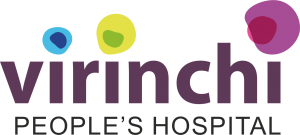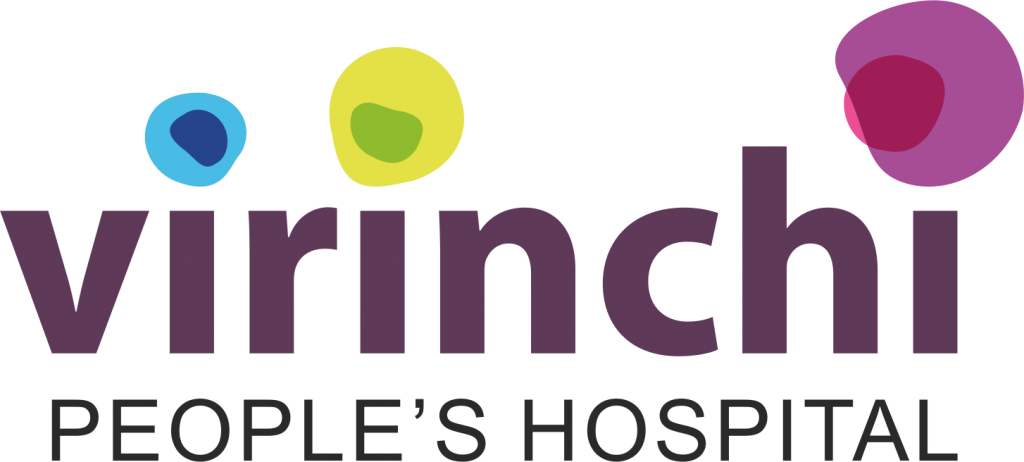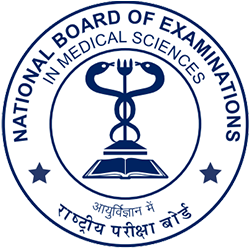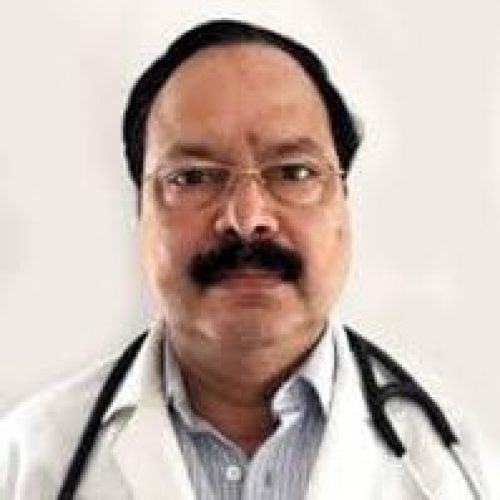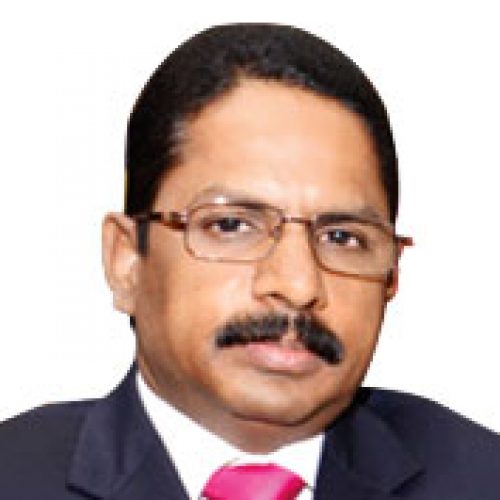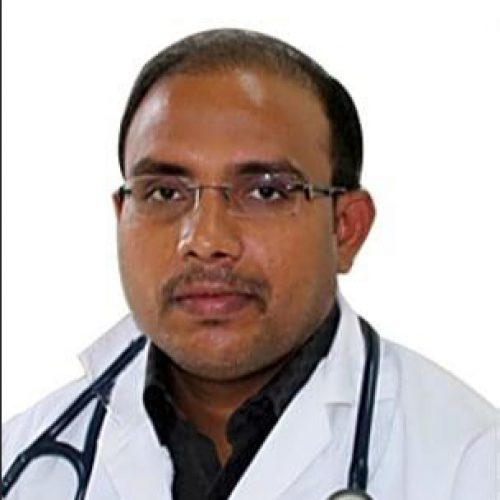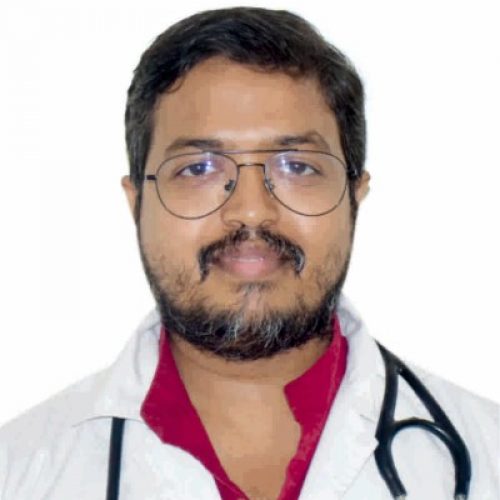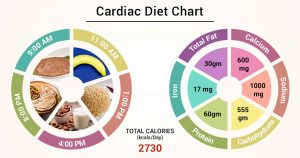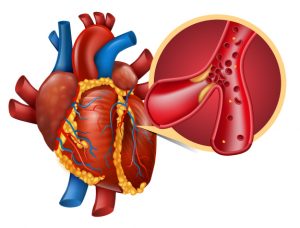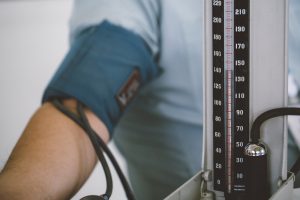Best cardiology hospital in hyderabad
CARDIOLOGY
Request an Appointment
At Virinchi Hospital, we are committed to providing the best cardiology services in Hyderabad, ensuring that every patient receives top-notch care and attention. Our team of experienced and skilled heart specialists and cardiologists work tirelessly to deliver outstanding healthcare solutions to our patients.
We also focus on preventive cardiology to reduce the likelihood of cardiovascular issues. Our team, including seasoned cardiology doctors, cardiac surgeons, and interventional cardiologists, is adept at handling everything from routine to complex cardiovascular emergencies. We pride ourselves on offering personalized treatment and care that aligns with global standards and practices.
Our department addresses various heart conditions such as coronary artery disease, heart failure, atrial fibrillation, aortic and valvular diseases, and stroke. We are well-prepared with specialized cardiac operation rooms and catheterization laboratories to tackle urgent heart-related crises 24/7.
Our cardiologists are supported by top-notch diagnostic tools that aid in swift and accurate diagnosis, leading to prompt treatment initiation. We offer a comprehensive range of diagnostic services in-house, ensuring that patients receive all necessary tests without having to leave the hospital. These services include ECG, echocardiography, stress tests, CT scans, MRI, and angiography.
Our Specialists
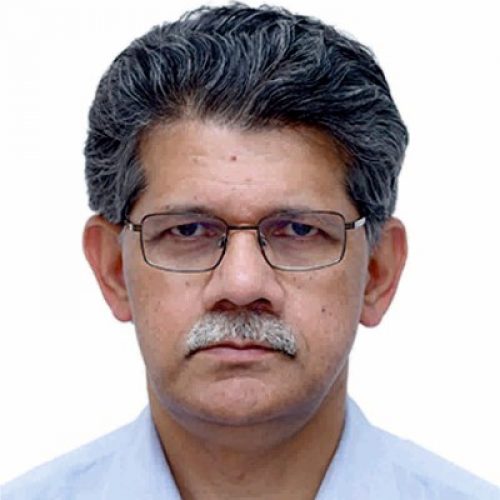
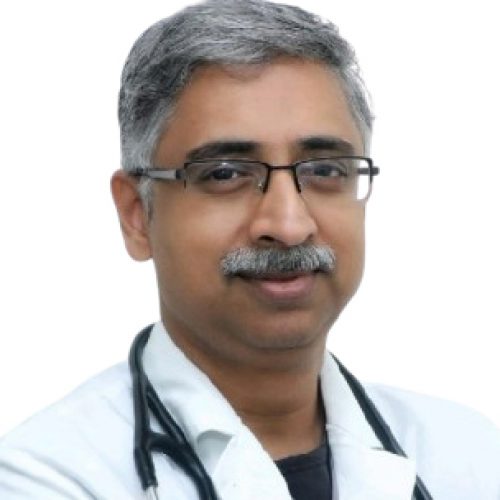
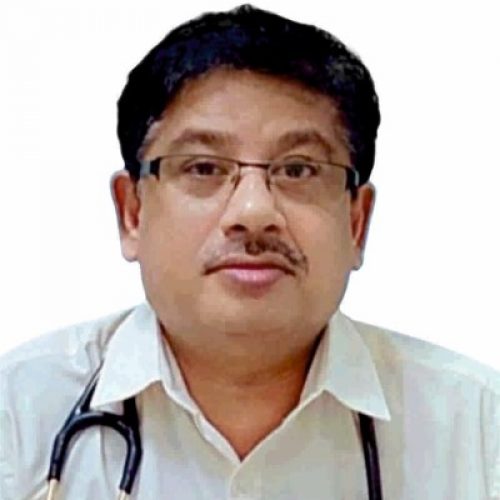
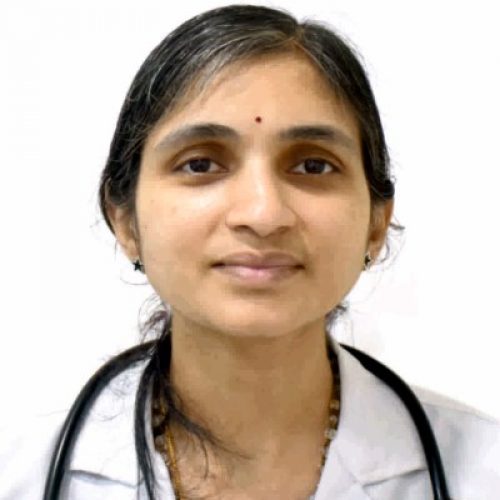
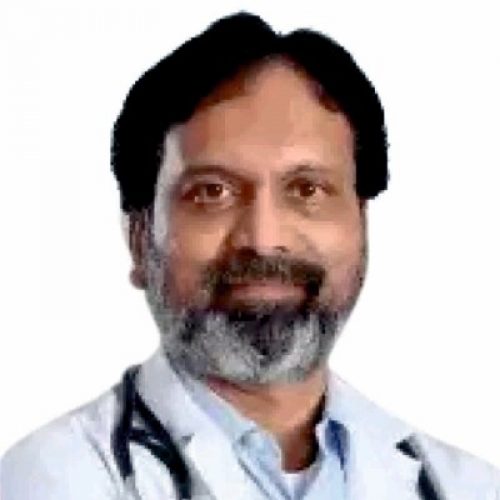
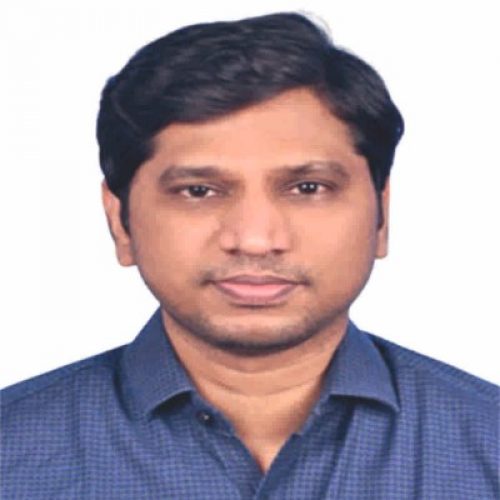
Consultant – Interventional Cardiologist
Why choose us?
Diagnostic Technology

2D/3D Echo
Echocardiography is the major noninvasive diagnostic tool for real-time imaging of cardiac structure and function. 2D/3D ECHO uses a matrix array ultrasound probe and processing system. This enables detailed anatomical assessment of cardiac pathology, particularly valvular defects and cardiomyopathies.

Electrocardiogram
It depicts the electrical activity of the heart and is useful in the diagnosis of chest pain which may be the first sign of a heart attack. It helps determine the cause of heart disease symptoms like breathlessness, giddiness, and palpitations.

Intra-Aortic Balloon Pump
It assists the heart during or after a heart attack. It supports the heart during or after a procedure to open a blocked artery, such as the placement of a coronary stent and coronary artery bypass surgery. It is useful during high-risk percutaneous transluminal coronary (balloon) angioplasty, rotoblator procedures, and coronary stent placement
Medical Conditions
Peripheral Vascular Thrombosis
Deep Vein Thrombosis
Peripheral Vascular Disease
Aortic Disease
Aortic Aneurysm
Vascular Trauma
Acute Aortic Dissections
Atherosclerosis
Angina
Myocardial infarction
Ischemic heart disease
Silent ischemia
Heart failure due to weakened
heart muscle
Left-sided heart failure
Right-sided heart failure
Systolic heart failure
Diastolic heart failure
Acute heart failure
Chronic heart failure
Atrial fibrillation
Bradycardia
Tachycardia
Ventricular fibrillation
Supraventricular tachycardia
Premature contractions
Aortic stenosis
Aortic regurgitation
Mitral valve prolapse
Mitral regurgitation
Tricuspid valve disease
Pulmonic valve stenosis
Dilated cardiomyopathy
Hypertrophic cardiomyopathy
Restrictive cardiomyopathy
Arrhythmogenic right ventricular cardiomyopathy
Takotsubo cardiomyopathy
Alcoholic cardiomyopathy
Treatments Offered
CABG (Coronary Artery Bypass Graft)
Beating Heart Surgery
Minimally Invasive Coronary Artery Surgery
Thoracic Surgery
Heart Transplants
Heart Valve Surgery
Emergency Cardiac Surgery
Keyhole Angioplasty
Fractional Flow Reserve (FFR)
Non-Surgical Closure Of Heart Defects
Minimally Invasive Cardiac Surgery
Rapid Exchange Therapeutic Perfusion Catheter
Dedicated Bifurcation Stent Technology For Complex Bifurcation Angioplasty
Bioresorbable Vascular Scaffold (BVS)
CrossBoss Catheter
Atrial Septal Defect repair
Ventricular Septal Defect repair
Coarctation of Aorta repair
Patent Ductus Arteriosus closure
Tetralogy of Fallot treatment
Paroxysmal Supra-Ventricular Tachycardia [PSVT]
Atrial flutter
Atrial Fibrillation
Ventricular Tachycardia
Ventricular Fibrillation
Angioplasty & Stenting
Valvuloplasty
Device Closures
Pacemaker/ICD/CRTD Implantations
Electrophysiology (EP) Lab & Radio Frequency Ablation
Carotid Artery Stenting & Surgery
Investigations

128 Slice CT Scanner

Stress Echocardiography

Advanced Fluoroscopy Systems (Cath-Lab)

Electrophysiology (EP) Study

Transesophageal Echocardiography

Invasive Investigations
Frequently Asked Questions
Some of the most common procedures for treating heart disorders are:
- Angioplasty and stenting
- Coronary artery bypass grafting (CABG)
- Valve repair or replacement
- Cardiac ablation
- Pacemaker and implantable cardioverter defibrillator (ICD)
- Heart failure treatments
- Heart transplantation
These treatments are chosen based on the specific heart disorder, its severity, the patient’s overall health, and other factors. Consult cardiology for the most appropriate treatment plan.
- Chest pain or discomfort
- Shortness of breath
- Fatigue
- Swelling
- Dizziness, lightheadedness or fainting
- Rapid or irregular heartbeat
- Cold,clammy or pale skin
- Weakness or numbness in legs or arms
Cardiology is a branch of medicine that focuses on the diagnosis, treatment, and prevention of heart and blood vessel (cardiovascular) diseases. Cardiologists are medical doctors who specialize in understanding the structure, function, and diseases of the heart and blood vessels. They are trained to manage both common and complex heart conditions, ranging from congenital heart defects to advanced heart failure.
Cardiologists use various diagnostic tools and techniques, such as electrocardiograms (ECGs), echocardiograms, stress tests, and cardiac catheterization, to assess heart health and identify potential issues. They also employ a variety of treatment methods, including medications, lifestyle changes, minimally invasive procedures, and surgical interventions.
To maintain a healthy heart and reduce the risk of cardiovascular diseases, consider adopting the following lifestyle habits and practices:
- Maintain a balanced diet
- Exercise regularly
- Maintain a healthy weight
- Quit smoking
- Limit alcohol consumption
- Manage stress
- Get adequate sleep
- Manage existing health conditions
